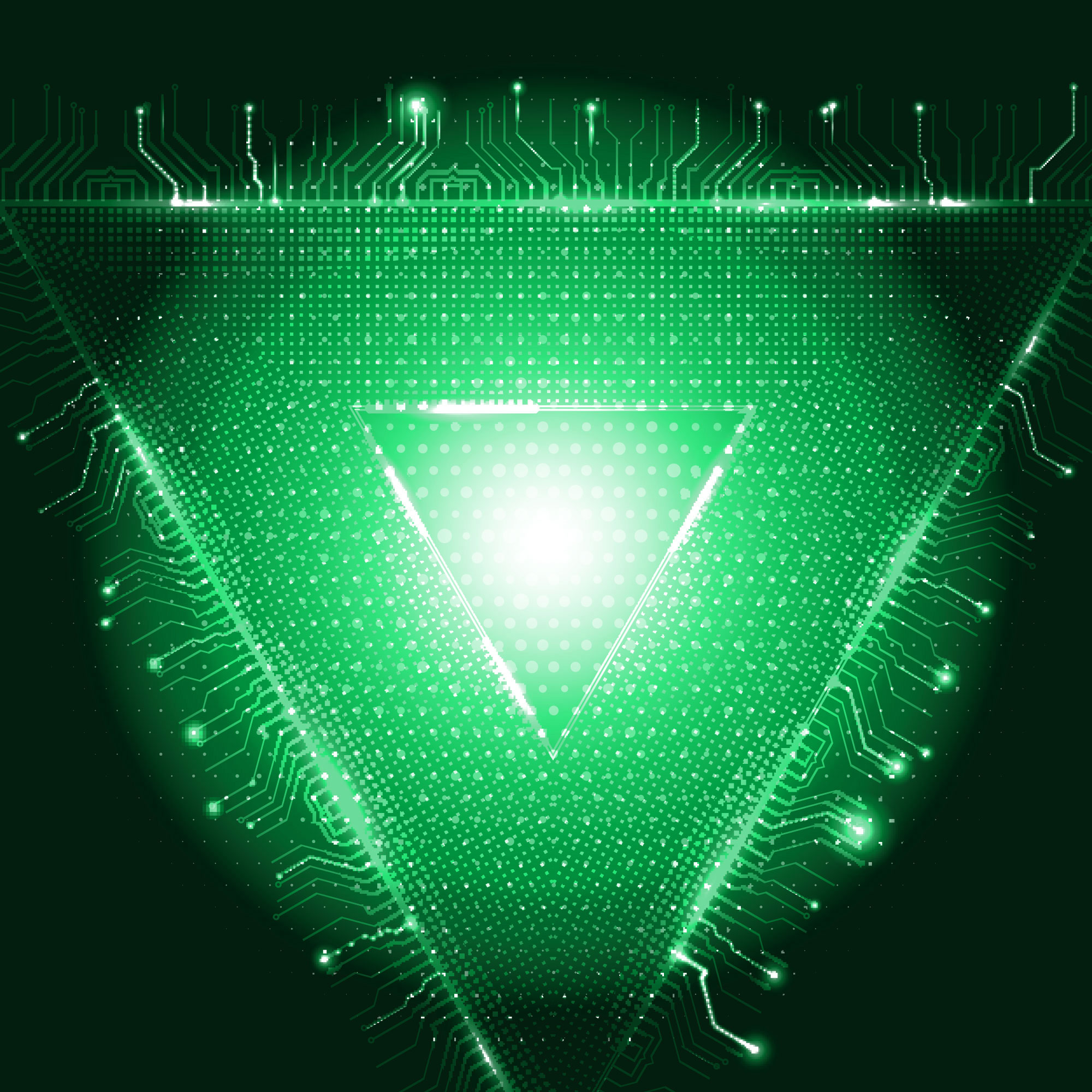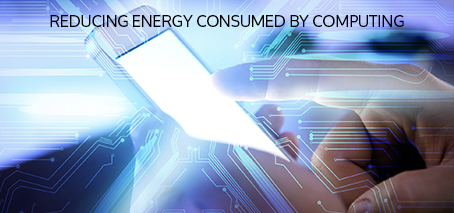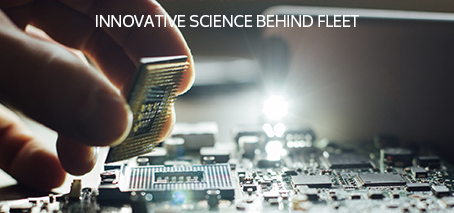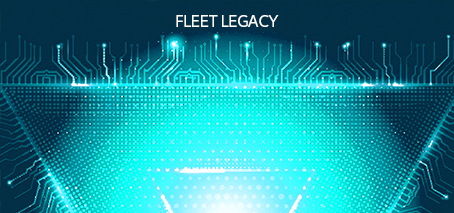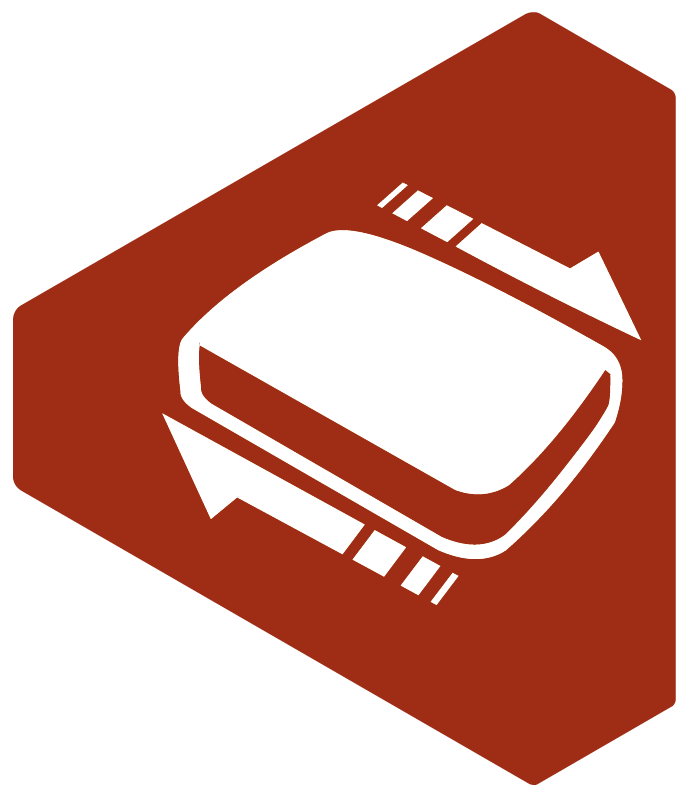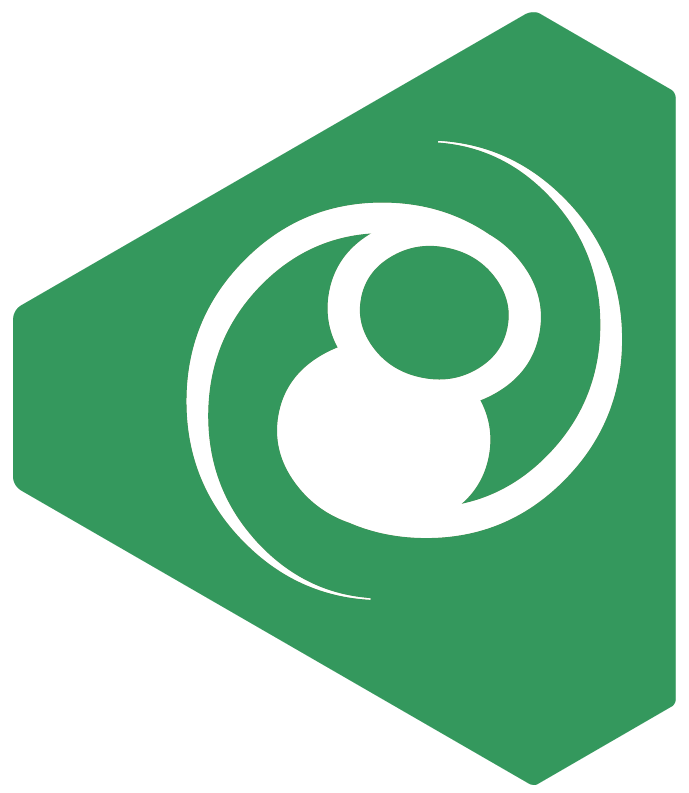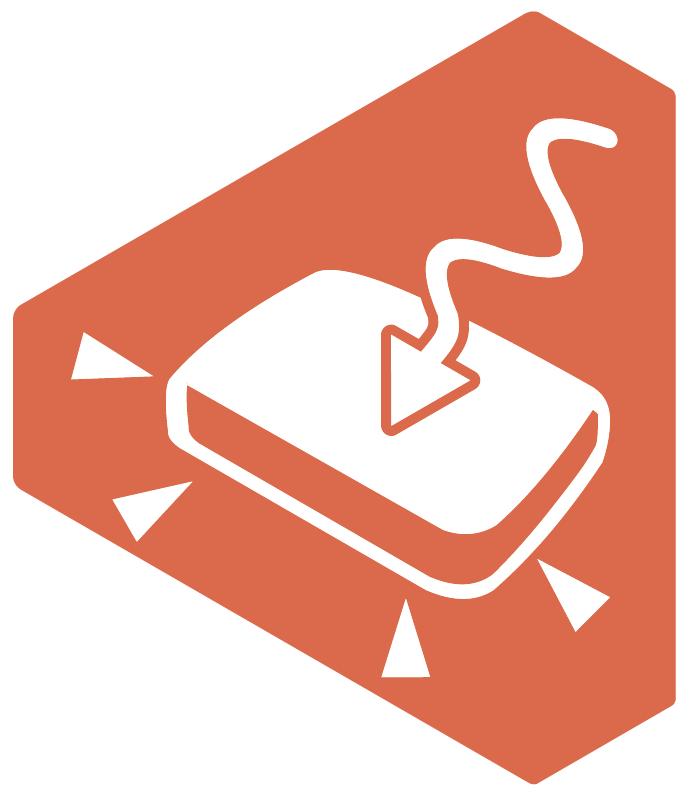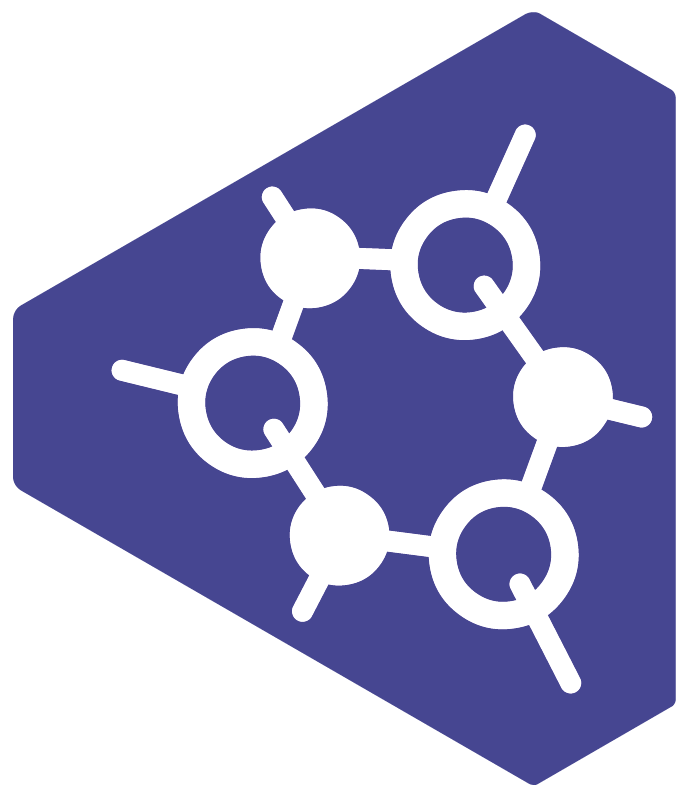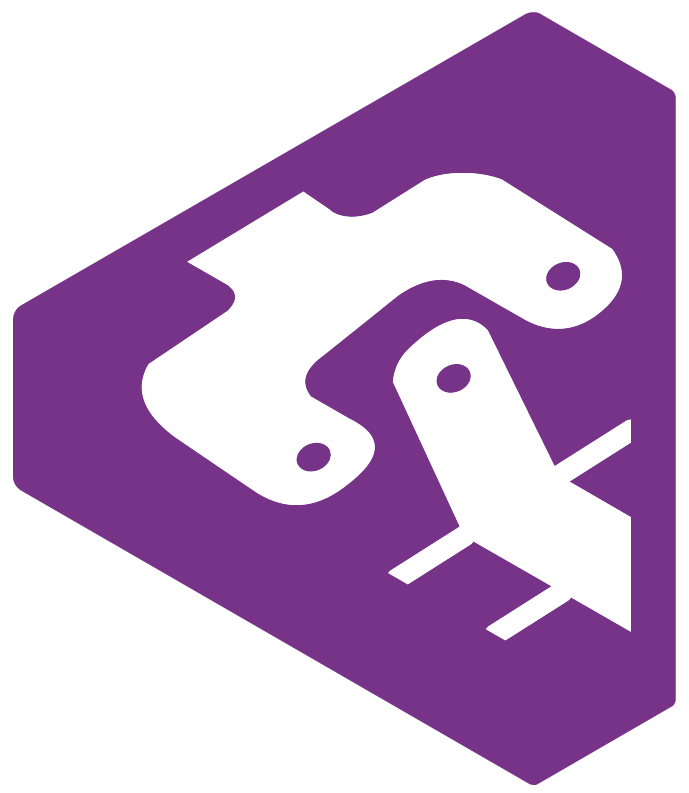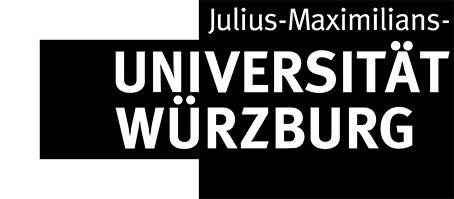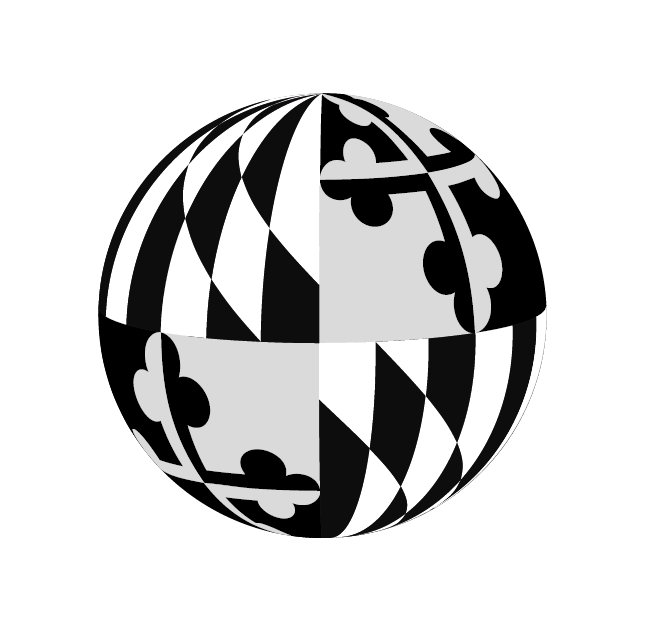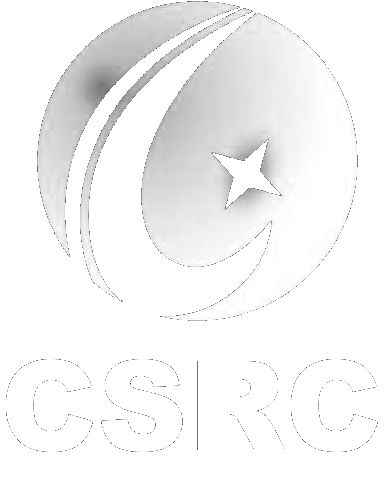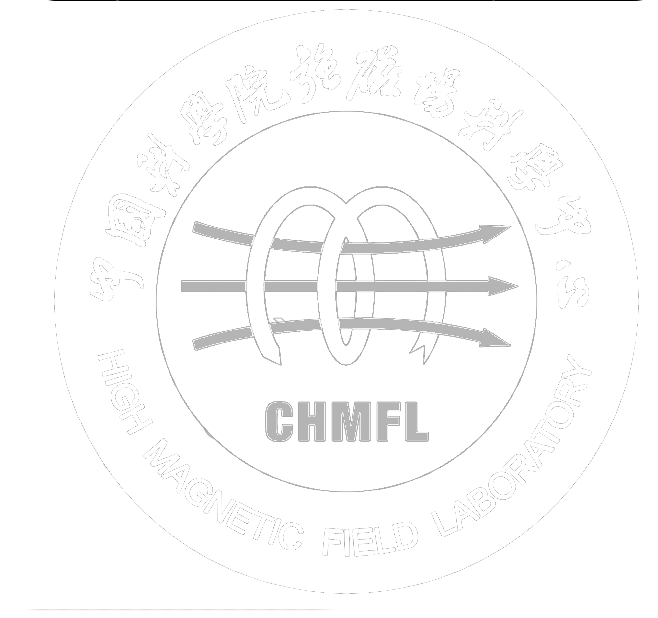Innovate
FLEET is pursuing the following research themes to develop systems in which electrical current can flow with near-zero resistance:
The above approaches are enabled by the following technologies:
News
Around 140 FLEET members, friends and partners gathered at Monash this week at the FLEET Headquarters to celebrate the Centre’s achievements. Funded in 2017, FLEET was officially launched at the same venue, Monash New Horizons Centre, on 12 June 2018. Guests include current members, alumni, collaborators and stakeholders, all of whom have contributed and supported FLEET in its seven-year journey. …
Sangeet Kumar was the inaugural intern for the FLEET internship program, working at ANSTO, performing neutron reflectrometry experiment to study ion-beam modified 2D materials. Sangeet reports back on whart he learned: “I recently finished my two-month FLEET ANSTO internship at Lucas Heights, NSW. I’m grateful for the financial support provided by FLEET as an additional stipend, and for ANSTO’s support …
We love the iconic FLEET logo, and so do our members, who have enjoyed wearing it on hoodies, T-shirts and face stickers, working it into scientific experiments, and outreach apparatus. What’s the secret of a great logo? For us, it was involving a large team, being clear about what we wanted to do, and why, and iterating back and forward …
The Challenge
FLEET addresses a grand challenge: reducing the energy used in information technology, which now accounts for 8% of the electricity use on Earth, and is doubling every 10 years.
The current, silicon-based technology will stop becoming more efficient in the next decade as Moore’s law comes to an end.
FLEET is the ARC Centre of Excellence in Future Low-Energy Electronics Technologies
The Fleet Approach
FLEET will meet this challenge by realising new types of electronic conduction without resistance in solid-state systems at room temperature. These concepts will form the basis of new types of switching devices (transistors) with vastly lower energy consumption per computation than silicon CMOS. Electronic conduction without resistance will be realised in topological insulators that conduct only along their edges, and in semiconductors that support superflow of electrons strongly coupled to photons. These pathways are enabled by the new science of atomically thin materials.
FLEET places Australia at the forefront of the new scientific fields of topological electronics, atomically thin materials, exciton condensates, and non-equilibrium phenomena. The Centre will build capacity in Australia for advanced electronics research, and train the workforce for the electronics industry of the future.
The Fleet Network
FLEET connects 20 chief investigators from seven participating organisations around Australia and 25 partner investigators from 18 organisations internationally. The current FLEET team is highly interdisciplinary with high-profile researchers from atomic physics, condensed matter physics, materials science, electronics, nanofabrication and atomically thin materials. With over $40M investment from the Australian Research Council and contributing organisations including the NSW Department of Industry, Skills & Regional Development, FLEET is poised to make significant global impact in the electronics and energy sectors.
FLEET operates on the lands of the Wurundjeri and Bunurong people of the Kulin nations (of the Melbourne region), the Gadigal people of the Eora Nation (Sydney), the Dharawal people (Wollongong), the Ngunnawal and Ngambri people (Canberra), and the Turrbal and Yugara people (Brisbane).

